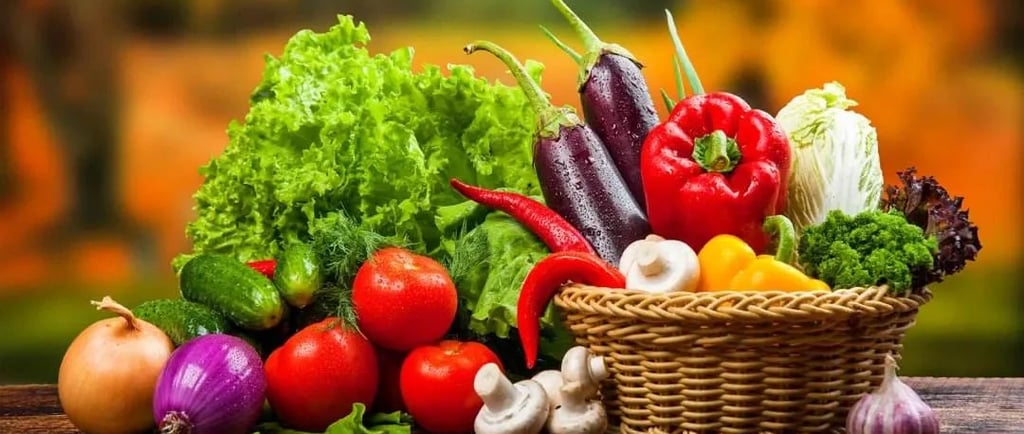The Importance of Cold Storage for Fruits and Vegetables
Cold Storage for Fruits and Vegetables
6/26/20242 分钟阅读


Introduction to Cold Storage
The preservation of fruits and vegetables is a critical aspect of the agricultural and food distribution industries. Utilizing cold storage, particularly modular cold rooms, is a highly effective method for extending the shelf life of these perishable items. In this blog post, we will explore the significance of cold storage, the role of low temperatures in halting spoilage, and the various refrigeration techniques employed.
The Role of Low Temperatures in Preventing Spoilage
One of the primary benefits of cold storage is its ability to maintain low temperatures that inhibit the growth of pathogenic fungi. These fungi are responsible for the spoilage of fruits and vegetables, leading to significant losses. By keeping the temperature within cold rooms consistently low, the metabolic activities of these microorganisms are slowed down, thereby minimizing spoilage and preserving the quality of produce.
Refrigeration and Blast Freezing Techniques
Refrigeration and blast freezing are two popular methods used in cold storage for fruits and vegetables. Refrigeration involves maintaining a stable, cool temperature that is suitable for a wide range of produce. This method is particularly effective for vegetables and some selected fruits, ensuring that they remain fresh over an extended period. Blast freezing, on the other hand, is a rapid freezing technique that quickly lowers the temperature of the produce, thereby preserving its nutritional value and texture.
The Advantages of Modular Cold Rooms
Modular cold rooms offer a flexible and efficient solution for the storage of fruits and vegetables. These units can be customized to fit specific requirements and are easily expandable, making them ideal for businesses of all sizes. Additionally, modular cold rooms are energy-efficient and can be equipped with advanced temperature control systems to ensure optimal storage conditions. This adaptability and efficiency make modular cold rooms a preferred choice in the industry.
Conclusion
In conclusion, cold storage plays an indispensable role in the preservation of fruits and vegetables. By utilizing low temperatures to inhibit the growth of spoilage-causing fungi, and employing techniques such as refrigeration and blast freezing, the shelf life of produce can be significantly extended. Modular cold rooms, with their customizable and efficient design, offer an ideal solution for businesses looking to maintain the quality and freshness of their fruits and vegetables.
